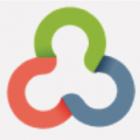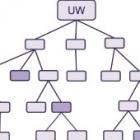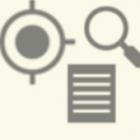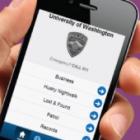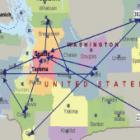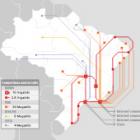
Towards a Roadmap for Brazilian Internet Governance and Infrastructure
How can Internet policies promote ideals such as greater security, economic development or stronger civil society? We need a roadmap to achieve these goals, starting with an examination of the existing terrain: The state of the Internet and its policies in a transformational society, today.
This Capstone is a case study that will look at a number of different elements of Brazilian infrastructure and policymaking. First, it identifies a number of relevant stakeholders, institutional or individual. These stakeholders are constrained by laws and regulations that help guide and shape their interactions concerning informational infrastructure, including but not limited to Internet exchange points (routers), fiber-optic cable systems (networks) and major data centers (servers). The goal of this project is to identify these institutions, individuals, and laws and regulations that pertain to the Internet and map out its informational infrastructure as it exists today as comprehensively as possible.

